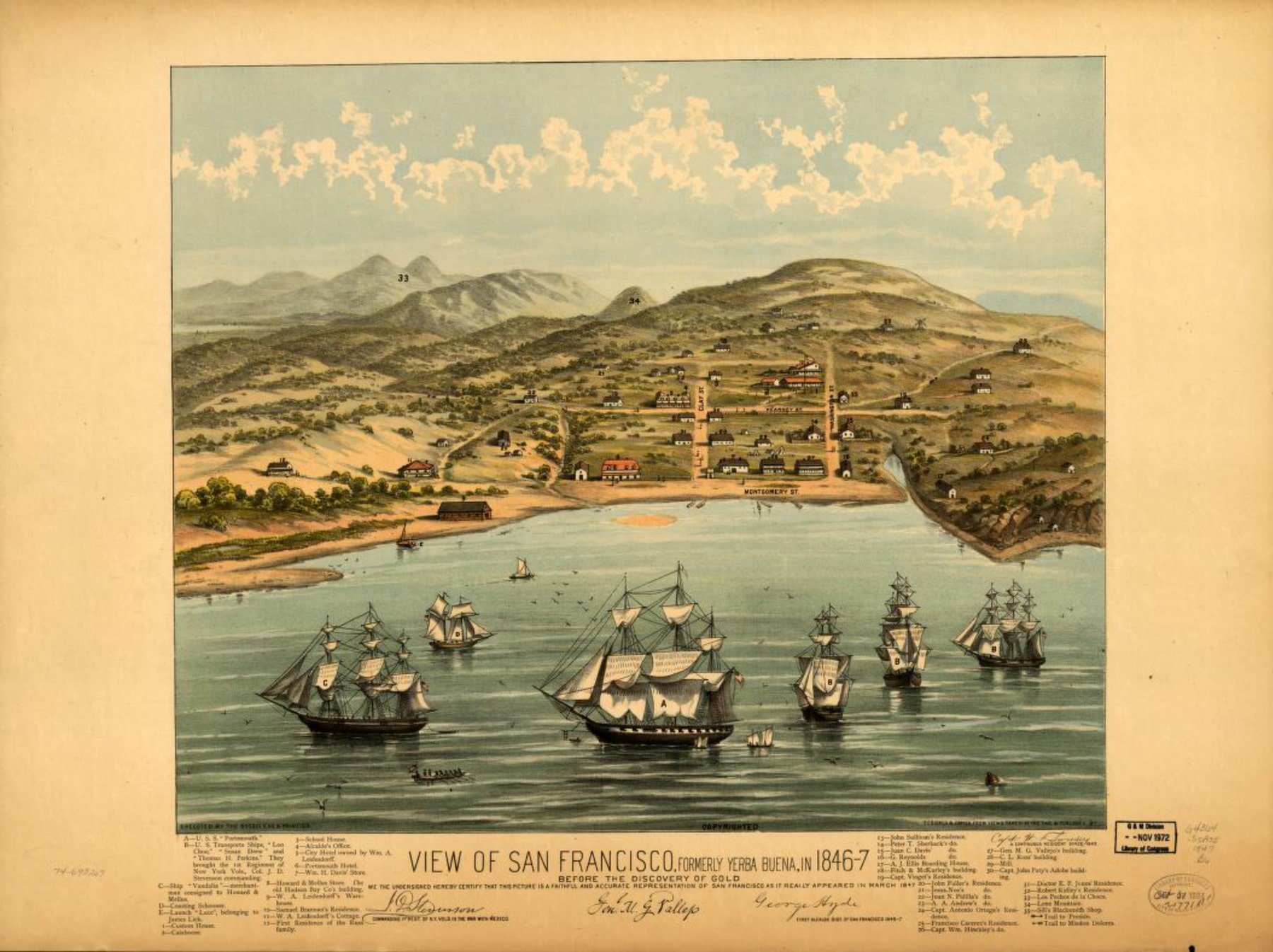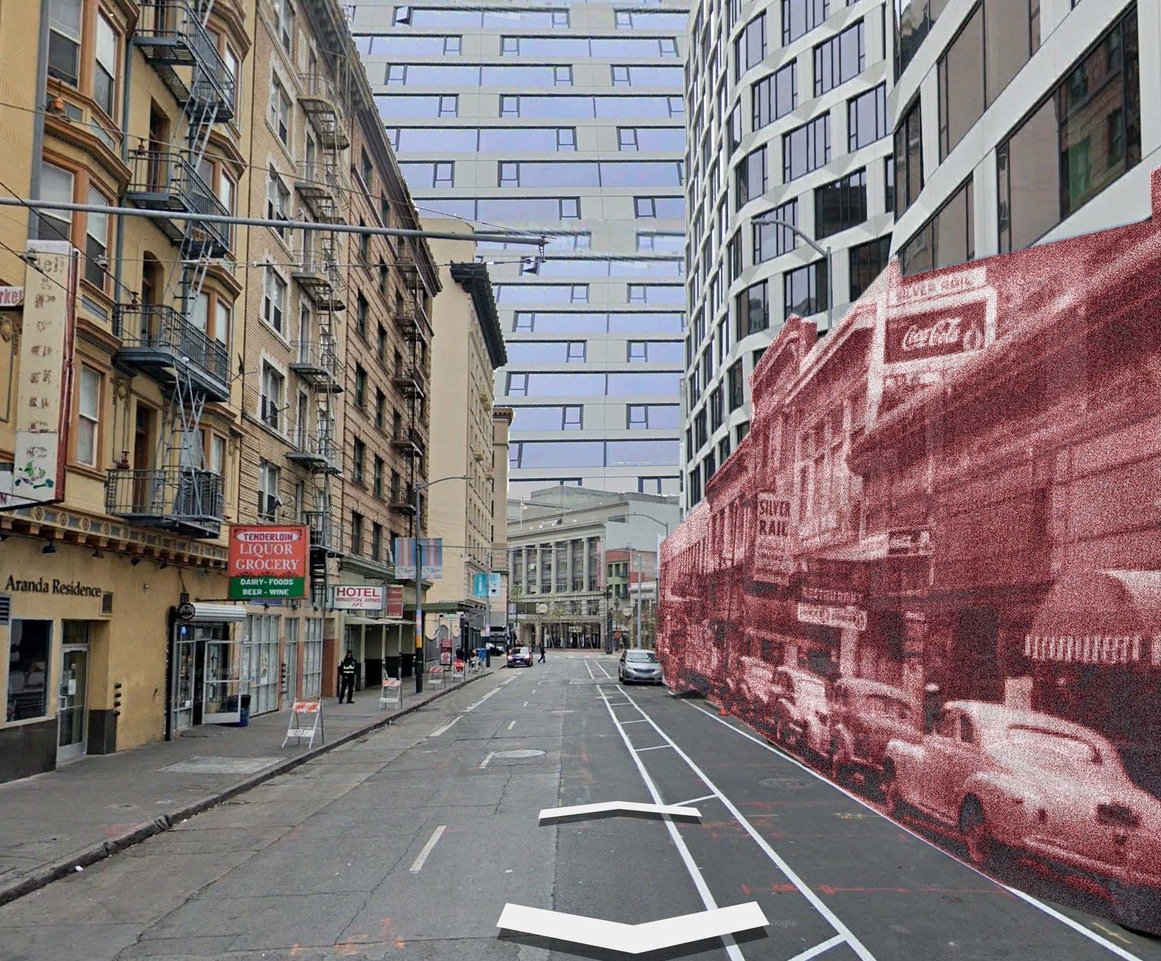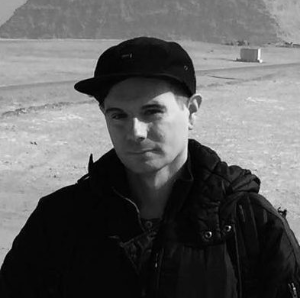Fall 2022 Working Group
We begin with the concept of transecology as used by trans scholar Susan Stryker. We will discuss how the ethos of habitual dwelling is produced by bodily acts and its relationship with dismantling oppressive hierarchies, inhabiting the uninhabitable, and imagining just futures. By exploring how trans aesthetics have been understood when applied to architecture and design, we start the course by discussing trans unbuilding as a generative starting point grounded in architecture and space.
Part II on trans resistance opens the investigations about trans embodiment and incarceration, anti-prison movements, queer abolition, and trans justice. We will explore the historical context of the San Francisco “Vanguard” radicalism, the intersection of trans people of color in prison, and ways to resist the prison industrial complex with a queer/trans analysis. We will also discuss the politics of trans visibility and anti-trans violence in terms of the tension between embrace and rejection, the stakes and ethics of representation of trans culture, and the liberatory possibilities within it. In Part III called race and abolition, we will examine the complexities of liberation in racial capitalism and US prison history. Drawing from the couplings of power and difference in space and its geographies, we will discuss the California prison complex and its abolitionist, grassroots organizing. To further the conversation involving race, we will discuss the intersection of blackness and gender normativity through the framework of black and trans feminism that intentionally undoes regulative gender norms and deconstructs ontological racial assault.
Part IV called unbuilding on Ohlone Land continues the conversation about race and unbuilding from the perspective of Indigenous frameworks and deep history. We will discuss the disintegration of tribal culture in the San Francisco Bay Area, the transformation of the landscape through settler-colonialism, and the ongoing decolonizing practices that open ecological alternatives to the city. Part V called resistance to urban inequality, extends the conversation about the history of gay neighborhoods in San Francisco, the politics of violence, and the intersection between displacement, debt, and inequality.
The final section of the class, on transecological futurities, will draw together deviant possibilities where trans animacies, intimacies, and coalitions can inhabit a collapsing planet. We will conclude by making a connection with other themes in the course to arrive at some shared insights about ways to spatialize deep transformative change for justice at the Turk and Taylor building.
The working group will move across and between spatialized moments of resistance, engaging in a sequence of thematically organized reading and discussion sessions.
Exploring the archives, ecological histories, and personal research of trans scholar-activists.
Discussion of theoretical works that will shape our ethos for working with the site.
Mapping the site
Building description












